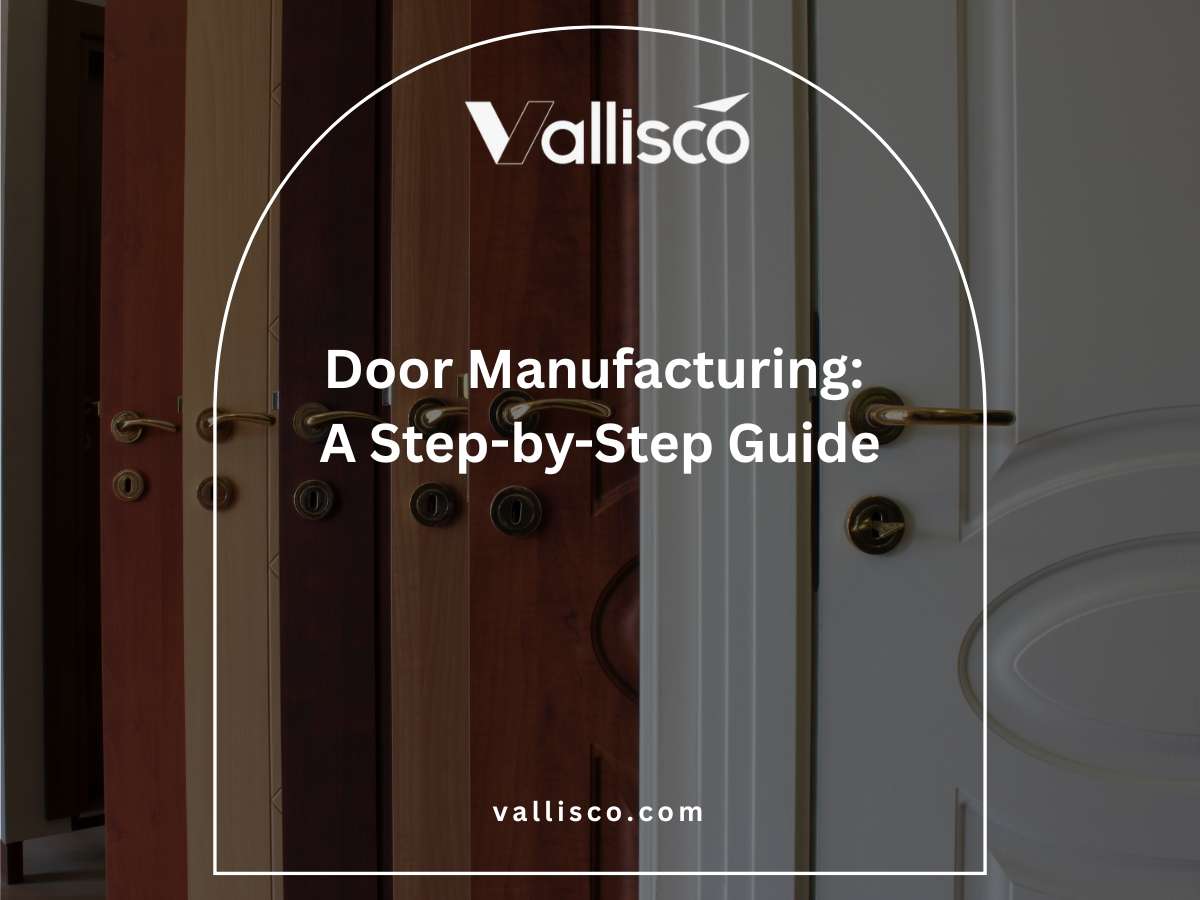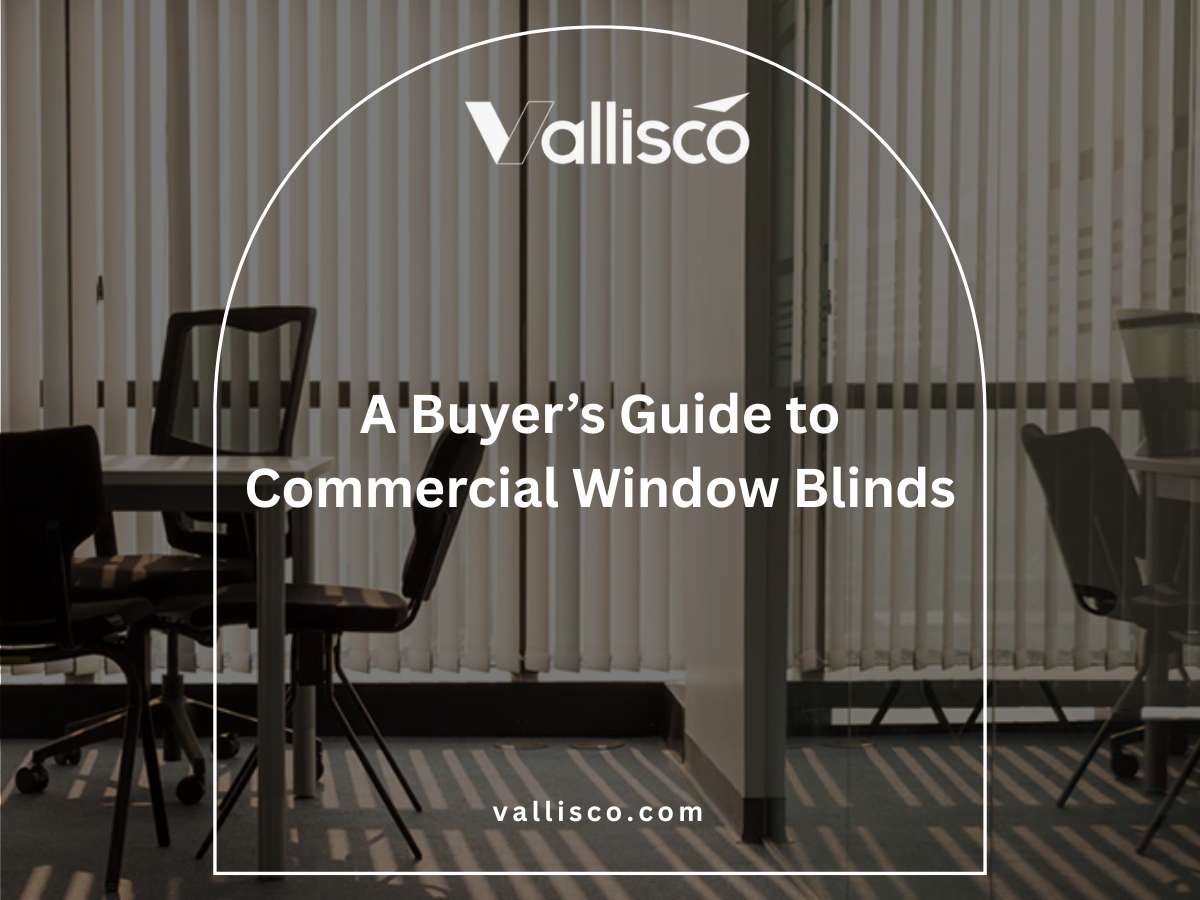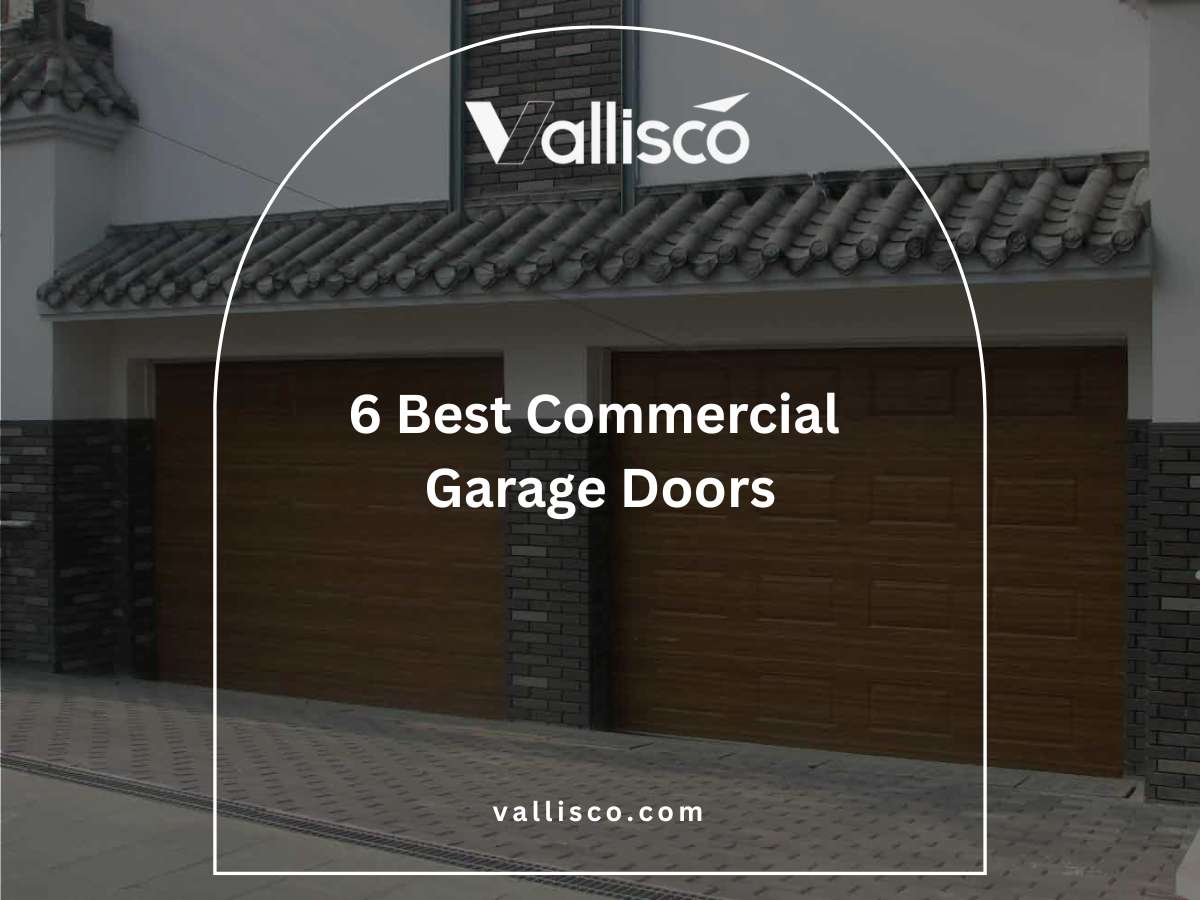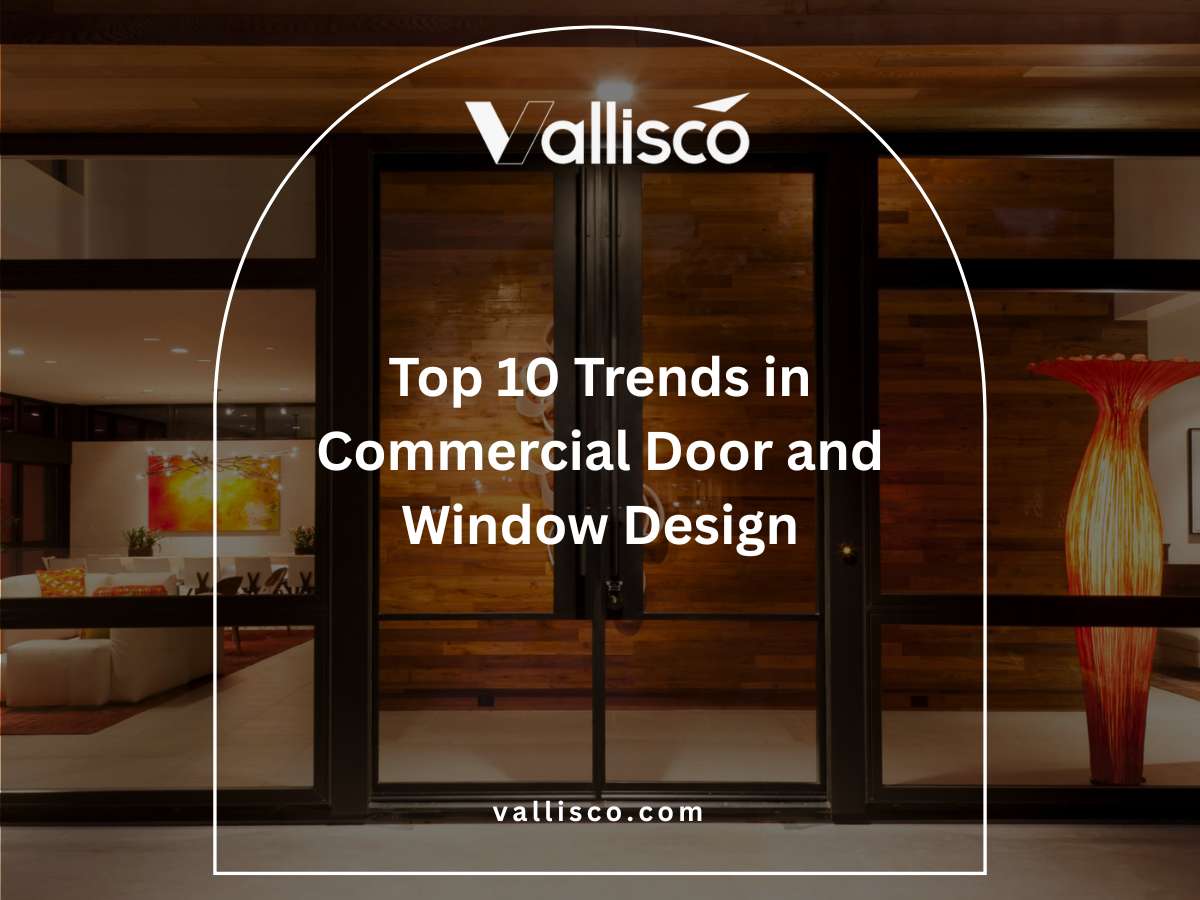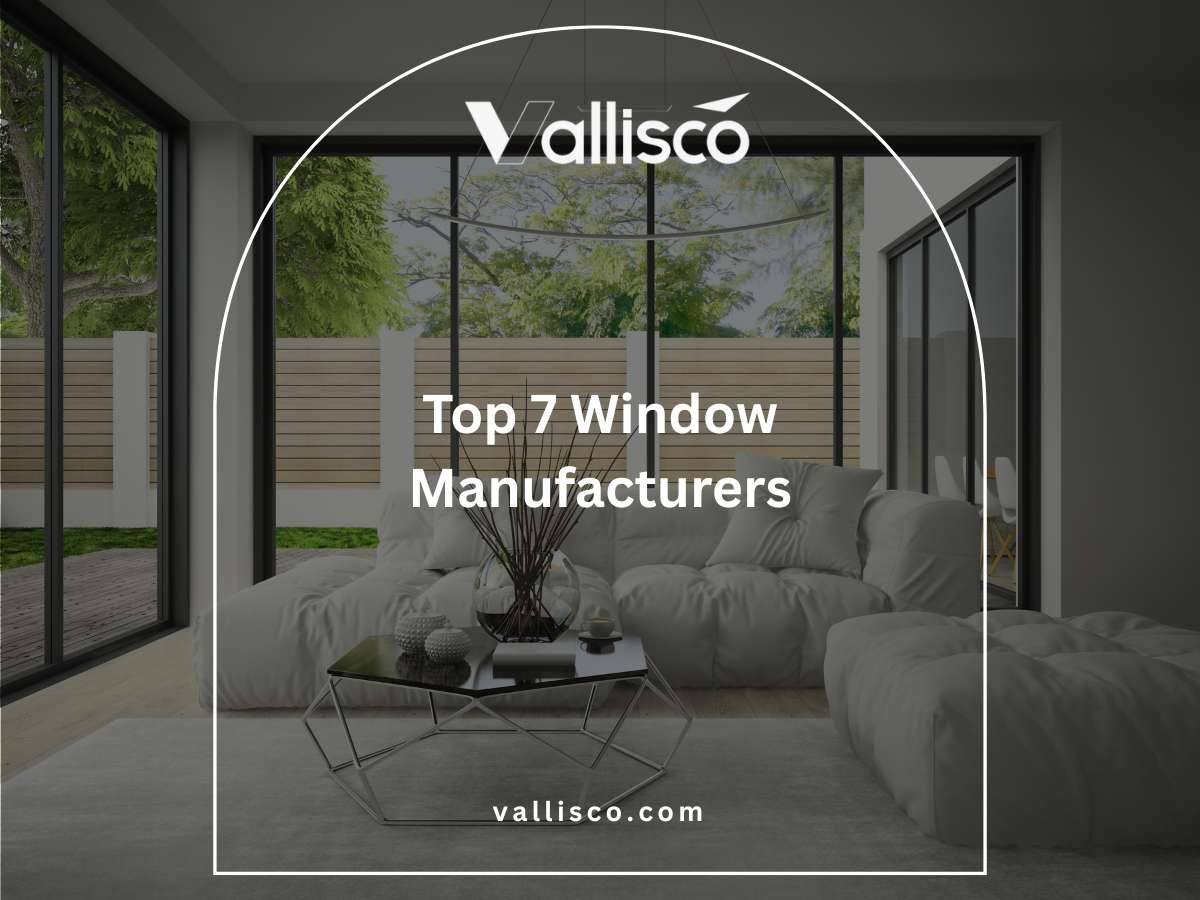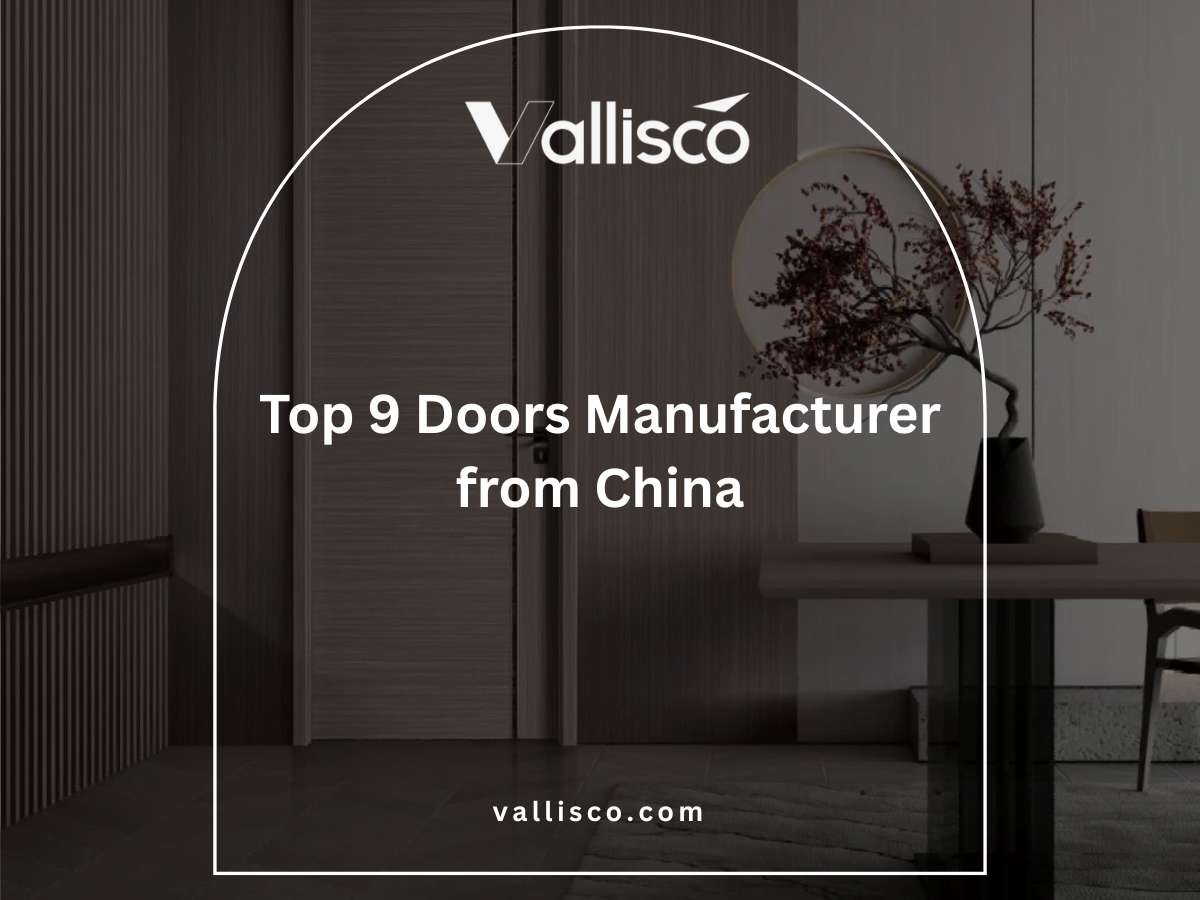I once signed off on aluminum doors for a hotel project without asking enough questions. At first, everything looked fine. But a few months later, the frames started to warp, and fixing the problem cost more than the doors themselves. That was a mistake I’ll never forget.
Maybe you’re in a similar place now trying to pick the right doors for your project and worried about making the wrong call.
Over the years, I’ve worked with property owners, engineers, and contractors on all kinds of builds villas, inns, B&Bs, even greenhouses. I’ve seen which doors stand the test of time and which ones give nothing but headaches. That’s why I want to share what I’ve learned.
In this guide, you’ll get a clear look at the essentials: types of commercial aluminum doors, their pros and cons, cost factors, design options, and even maintenance tips. Everything you need before making a purchase.
I’ve made the mistakes already so you don’t have to.
So let’s begin!
1. What is Commercial Aluminium Doors?
Commercial aluminum doors are doors made with aluminum frames, built for places that see a lot of daily use. They’re often used in hotels, villas, B&Bs, and other properties that need reliable, low-maintenance access points. Compared to wood or steel, aluminum holds up better in moisture, doesn’t warp easily, and needs less care over time.
From my experience, aluminum doors work well in busy areas like entryways or garden exits. I’ve seen them installed in coastal villas and greenhouse spaces without trouble. They’re lightweight but still strong enough for commercial projects. If you’re choosing doors for a space that needs to handle traffic, weather, or both, aluminum is one of the most practical choices you can make.
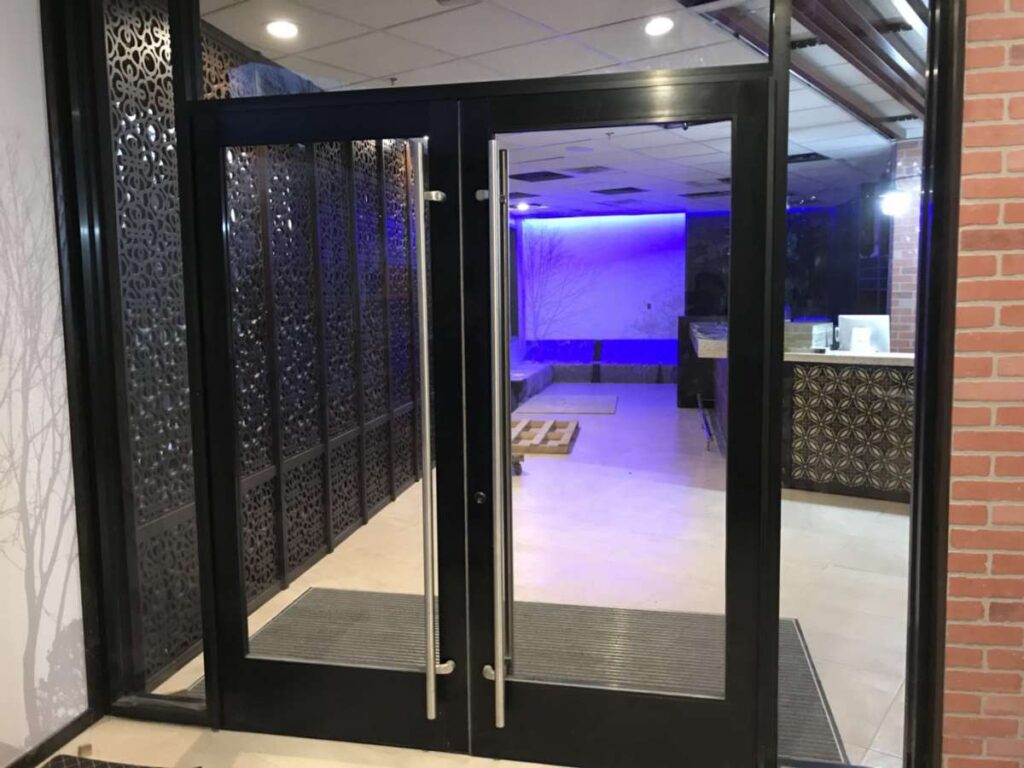
2. Types of Commercial Aluminium Doors
Choosing the right door isn’t always easy. I’ve worked on projects where one wrong door made daily life harder. Too tight. Too bulky. Or just didn’t match the space.
But once you find the right fit, everything feels smoother.
| Type of Door | Features | Pros | Cons | Not Ideal For | Best For |
| Hinged Doors | Swing open inward or outward; standard frames; available in single or double formats. | Simple to use, reliable, and widely available. | Needs clearance space, not great for wide openings. | Tight hallways or spaces with limited clearance. | Guest rooms, offices, side entrances. |
| Sliding Doors | Panels move sideways on a track; large glass panels for light and views. | Save space, allow natural light, create wide views. | Tracks need regular cleaning or movement gets rough. | Dusty or sandy areas where tracks clog easily. | Greenhouses, patios, villa lounges. |
| Bifold Doors | Panels fold like an accordion; can cover wide openings; flexible layouts. | Connect indoor and outdoor areas, create open feel. | Higher cost, requires precise installation. | Small openings or projects on a tight budget. | Poolside lounges, event spaces, upscale villas. |
| Pivot Doors | Rotate on a central hinge; available in oversized designs; bold modern look. | Modern appearance, makes a strong entrance statement. | Less airtight and need strong framing. | Energy-efficient projects or places needing tight seals. | Boutique hotels, luxury homes, retail showrooms. |
So let me walk you through the main types of commercial aluminum doors and where they really shine.
The best choice depends on how your building is used, the style you want to create, and the conditions it needs to handle. Vallisco has supplied aluminum doors for villas, hotels, and even greenhouses, and those real-world applications show how much the right choice matters.
3. Material Benefits of Aluminium in Commercial Settings
Aluminum has shown up in more projects than I can count, and for good reason. Every time I’ve compared materials side by side, the gaps become obvious fast. Some look great on day one but start failing in a year. Others drain budgets with repairs or maintenance you didn’t plan for.
Here’s how aluminum holds up against the most common alternatives.
Wood
Wood brings a natural look, but it struggles in busy spaces. Doors swell in rainy seasons, stick in their frames, and crack under repeated use. Constant painting, sealing, and sanding make wood more work than reward in high-traffic or humid conditions.
Steel
Steel doors are strong, no doubt about that. But their weight makes installation harder and they tend to rust, especially in coastal or humid regions. I’ve had to replace steel doors that looked solid at first but started showing signs of corrosion after just a couple of years. Once rust starts, it spreads fast and weakens the entire frame.
PVC
PVC is popular for being cheap and lightweight, but it’s not made for tough use. I’ve seen commercial PVC doors fade under sunlight and warp in hot weather. In busy entryways, they scratch easily and start to look worn within months. For long-term commercial use, they just don’t hold up well.
Aluminum
Commercial aluminum doors offer the balance most projects need: strength, low weight, and long-term reliability. I’ve used them in high-traffic hotel lobbies, shopfronts, and even back-of-house areas where other materials failed. They don’t rust, they’re easier to install, and they handle daily use without breaking down. That’s what makes them so dependable for commercial settings.
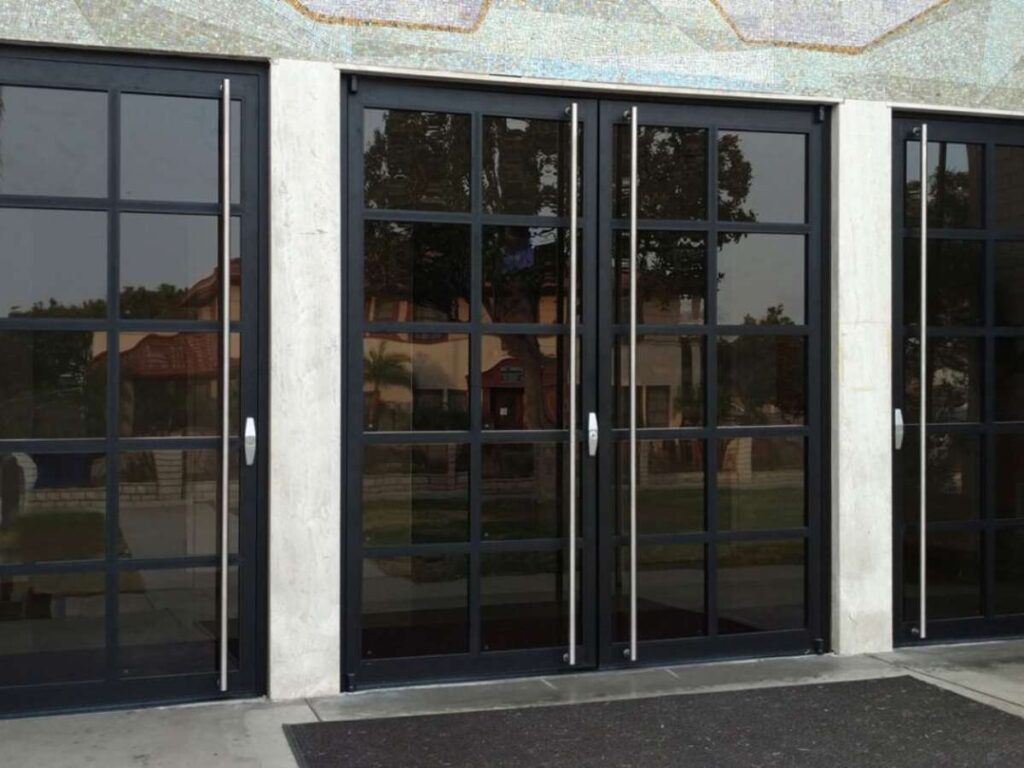
4. Key Features of Commercial Aluminium Doors
When I help someone choose commercial aluminum doors, I always start with one question: What does the space need? Some people care about sound, others about safety, and many just want something that works without extra upkeep. Aluminum doors can check all those boxes but the details are what matter most.
- Durability and Longevity: Commercial aluminum doors are built to handle daily wear without bending or cracking. I’ve seen them last for years in hotels and shopfronts without needing major repairs.
- Weather Resistance: These doors don’t rust or swell, even in coastal or high-moisture areas. I’ve used them in greenhouses and pool zones where other materials failed early.
- Thermal Insulation: Some aluminum doors include thermal breaks, which are plastic layers that help control indoor temperatures. When paired with insulated glass, they help reduce energy use in heated or air-conditioned spaces.
- Acoustic Control: You can add soundproof glass to reduce outside noise. This is helpful in B&Bs, hotel rooms, or any space close to traffic or people.
- Security Options: Many commercial aluminum doors support multi-point locks and impact-resistant glass. I’ve seen this used in hotels and storefronts where guest safety and theft protection matter.
- Low Maintenance: Aluminum doesn’t need repainting, sealing, or sanding. A simple cleaning keeps it looking presentable for years.
- Design Flexibility: You can choose frame colors, handle styles, and different types of glass. One café I worked with used a soft bronze finish, and it matched their interior perfectly.
- Glass Compatibility: These frames work with tempered, laminated, reflective, or frosted glass. That means you can meet both safety needs and design goals in one frame.
If you’re choosing doors for a commercial space, it’s the features like these that help the door serve more than just a basic function. They make daily use easier, safer, and more comfortable.
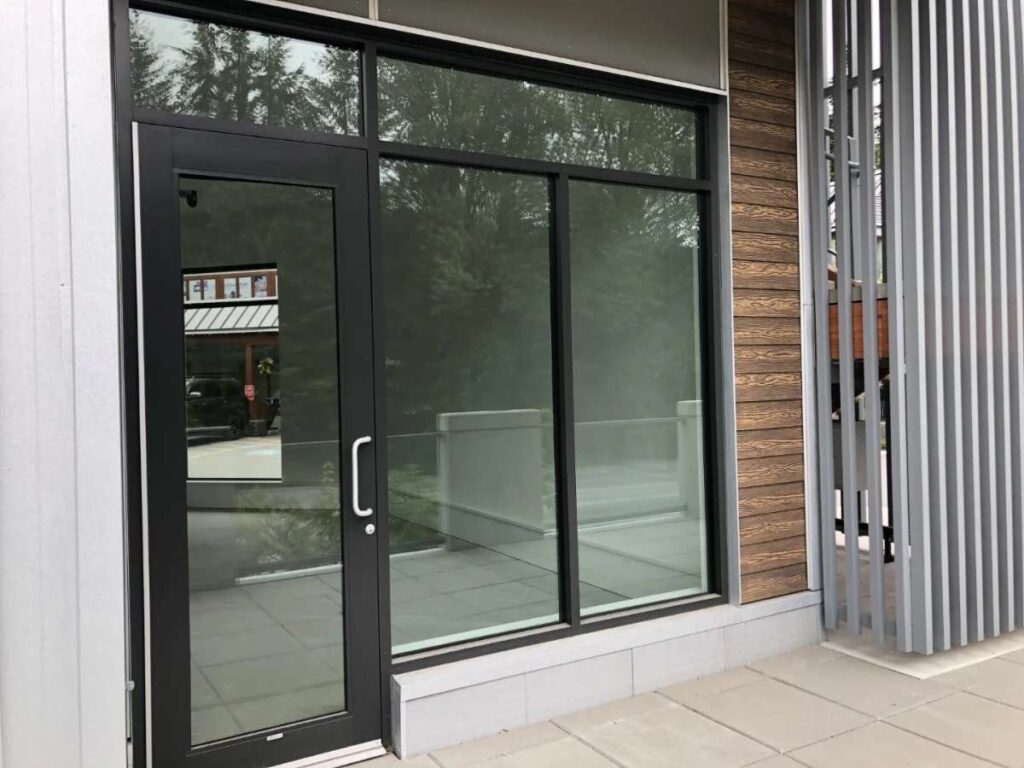
5. Industries and Building Types That Use Aluminium Doors
One of the most common questions people ask is whether aluminum doors are suitable for their specific type of building. The short answer: yes, in most cases. Aluminum is a flexible material that performs well in many different environments. Here’s where it’s commonly used and why it works.
Hotels, Villas, and B&Bs
Aluminum doors provide the right mix of style and function for guest-focused spaces. They are often seen at front entrances, balcony access points, and lounge areas. These doors stay clean-looking and reliable, even with high foot traffic. Many properties use them to create open views while still maintaining durability.
Greenhouses and Garden Structures
In high-humidity environments, aluminum is a better option than wood or PVC. It won’t swell, rot, or corrode when exposed to moisture. Sliding or vented aluminum doors help manage airflow while letting in plenty of light. They’re especially useful for garden centers and growing spaces that need consistent ventilation.
Modern Residential Buildings
For homes with minimal design and open layouts, aluminum doors add to the clean visual lines. They’re commonly used on patios, courtyards, and terrace openings. The material holds its shape over time and won’t warp or peel. It also complements glass-heavy architecture without looking bulky.
Small Shops and Street-Facing Inns
Street-facing buildings often need secure entry points without losing visibility. Aluminum frames support reinforced glass and locking systems without appearing heavy or closed off. Many shops use them for daytime openness and after-hours protection. They strike a balance between appearance and function, which makes them a practical option.
6. Mistakes to Avoid When Choosing Aluminium Doors
Selecting commercial aluminum doors seems simple at first, but small missteps can lead to big issues later. From energy loss to poor fit or supplier delays, these mistakes can cost more than expected. Whether you’re building from scratch or upgrading, it’s worth knowing what to avoid before making a final decision.
Choosing Price Over Quality
Cheaper aluminum may look similar, but it doesn’t hold up under daily stress. In high-traffic areas, low-grade frames can dent or corrode faster, leading to early replacement. Quality matters more than people think, especially for long-term commercial use.
Ignoring Thermal Breaks
A thermal break is a layer built into the frame to block heat or cold from transferring indoors. Without it, rooms lose temperature stability and energy bills go up. This is especially important in climate-controlled buildings like villas or hotels. A small upgrade here can make a big impact later.
Poor Installation
Even the best materials fail if they’re installed poorly. Misaligned doors, improper sealing, or weak anchoring can all lead to faster wear and safety concerns. This step often gets rushed, but it plays a huge role in how the door performs over time.
Not Checking Supplier Credentials
Working with the wrong supplier can delay delivery, limit support, or leave you with unclear warranty terms. Always check the company’s track record and ask for examples of past projects. Vallisco is one example of a supplier that works directly with commercial properties and offers consistent communication throughout. A good supplier can be the difference between a smooth install and a costly fix.
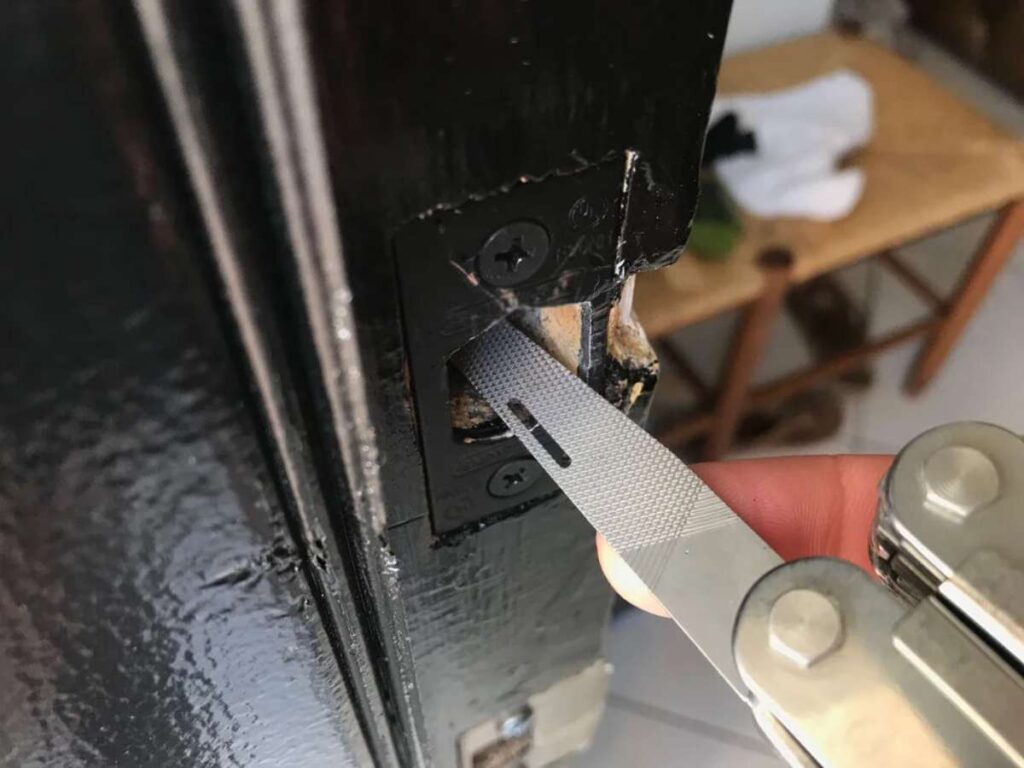
7. How to Choose the Right Aluminium Door Supplier
A good aluminum door should make your project easier, not harder. But that depends on more than just the product it depends on who you buy it from. I’ve seen well-built doors show up late, get installed wrong, or fall short because the supplier wasn’t prepared. Choosing the right partner from the start can save you from those problems.
Project Experience
Different building types come with different demands. Supplying for a villa isn’t the same as outfitting a greenhouse or a hotel. A qualified aluminum door supplier should understand your type of space and know what’s needed to make things work. If they’ve handled similar jobs before, they’ll be better equipped to avoid delays or errors.
Material Quality and Certifications
Aluminum doors may look similar, but the materials used can vary widely. Some frames bend or corrode early, and low-grade glass can crack or fog. A strong supplier will be transparent about the aluminum they use and offer certified options for insulation, safety, and energy performance. If they can’t explain their specs clearly, that’s a warning sign.
Support and Service
A reliable aluminum door supplier stays involved beyond the sale. They should help with measuring, offer guidance for installation, and remain available if questions come up later. When something goes wrong, you need a company that answers the phone and finds solutions. That kind of service often matters more than the door itself.
Timeline and Delivery
Late shipments throw off everything from construction schedules to occupancy permits. That’s why it’s important to ask about lead times early. A dependable supplier will give you realistic timelines and update you if anything changes. It’s the difference between moving forward and falling behind.
Conclusion
When I first saw wooden doors fail in one stormy season, I knew material choice mattered more than looks. That’s why commercial aluminum doors became a clear answer.
You’ve read what they are, where they fit, and why they last. You know the mistakes to avoid and how to choose the right supplier.
So now the question is: when will you start? Your project deserves doors that make life easier, not harder.
Ready to move forward with confidence? Contact Vallisco today!
Learn More: Recommended Reads
Want to see more products? We’ve got plenty of options that might just be the perfect fit for you:
Still haven’t found what you’re looking for? Don’t hesitate to contact us. We’re available around the clock to assist you.


